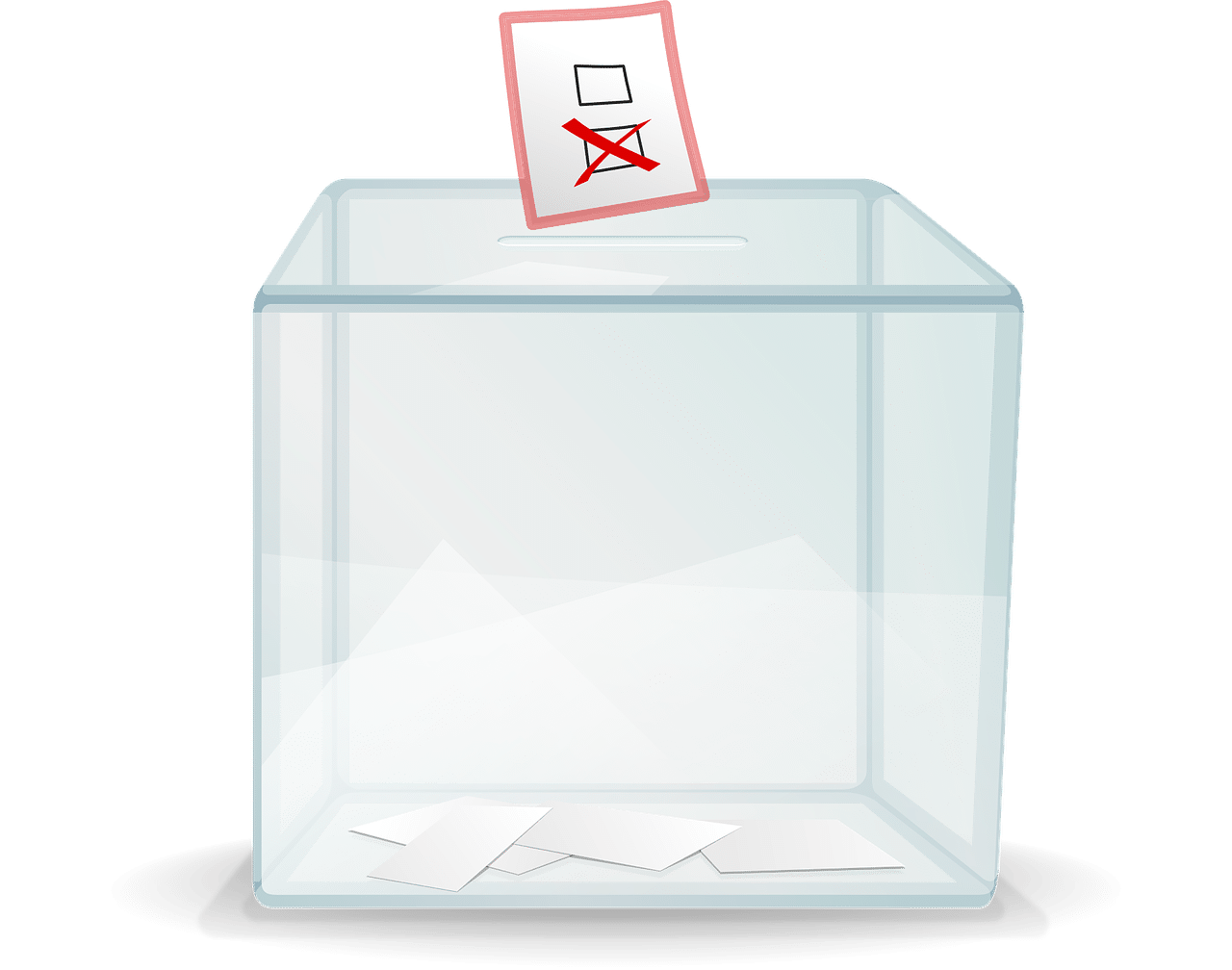
The idea of governability is often used as a synonym for governance.
Governability is the quality of governable (that can be governed). The concept is also used as a synonym for governance (the way of governing). For example: “The opposition puts the country's governability at stake with its intransigent attitude,” “This loan allows us to strengthen governability and avoid the crisis,” “We are going to do our bit to guarantee governability.”
If we had to establish the etymological origin of the term that concerns us now, we would have to be clear that it is found in Latin. Thus, we can determine that it emanates from the verb gubernare , which can be translated as “pilot a ship.”
What is governance
There is no exact definition of the notion of governability, but rather the concept varies and reflects different nuances depending on who pronounces it. For supranational entities and international organizations, governance is linked to the style of a government that seeks collaboration and understanding with non-state actors.
A nationalist government or one that maintains the importance of the State , on the other hand, will affirm that governability depends on the independence that the authorities may have to build the social order.
The view of different thinkers
There are many scholars who throughout history have analyzed governance from very diverse points of view. In this case, we have to highlight that one of the most interesting studies was the one carried out by the academic Luciano Tomassini , who fundamentally focused on determining the elements that facilitate or hinder it.
In this way, he explained that among the most significant factors were the behavior and direction taken by the country's economy, the level of strengthening that civil society shows at all times, the fact that all sectors of society are involved and participatory in what would be the productive system and also the strategies and orientations that politics takes at all times.
In the same way, it is also worth highlighting the theories that other thinkers, academics and specialists developed in this same sense, such as Xavier Arbós and Salvador Giner . From the set of studies carried out, it is established that the factors that influence the governance of a nation are undoubtedly the evolution and technological development that presents and promotes, the effectiveness of the reigning government, the composition and adaptation of the aforementioned society. civil society and also the pressure carried out by the rest of the agents surrounding the government.

Governance can be understood in different ways.
Governance at risk
At a general level, it can be said that the common point in the different definitions of governability has to do with the favorable conditions for government action. A government that has good governance conditions, therefore, will be able to develop actions and implement its policies.
There are various factors that can put governance at risk. Opposition parties that are responsible for hindering government measures, the army willing to alter the constitutional order, and market forces that destabilize the economy are some of them. It is common, however, for a government to criticize the opposition, accusing it of making governability difficult, even when these parties limit themselves to defending their own positions.
